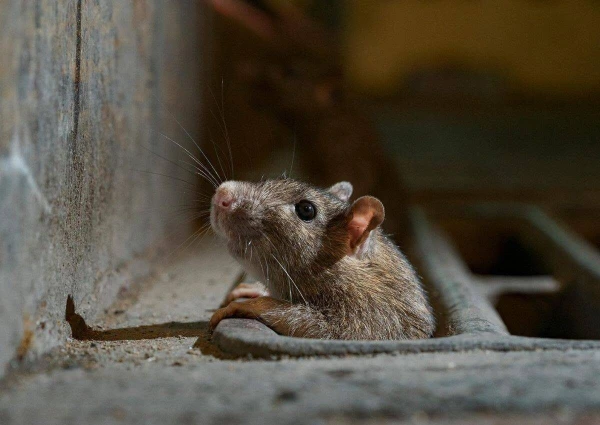
Since the beginning of this year, 35 cases of leptospirosis have been registered in Latvia, including three fatal cases, reported the Disease Prevention and Control Center (SPKC).
As explained by the center, each case of infection was individual — with different circumstances and risks under which a person could become infected.
Leptospirosis is carried by various animals, especially rodent-like mammals, but agricultural animals, dogs, and cats can also be carriers, the SPKC clarified. Most often, a person becomes infected by coming into contact with water, moist soil, or objects contaminated with the urine of infected animals.
Most of the sick reported possible contact with rodents or with the environment that could have been contaminated by their excretions — for example, while working in a vegetable garden or yard.
Leptospirosis is a zoonosis, meaning it is an infectious disease transmitted from animals to humans. The causative agent of the disease is the Leptospira bacteria, which can survive in the external environment for weeks or even months, especially in damp and cool conditions, but are sensitive to drying and high temperatures. Infected animals excrete leptospires in their urine, and all warm-blooded animals are susceptible to the infection, which contributes to its widespread occurrence in nature.
The SPKC explains that leptospires can enter the human body through the mucous membranes of the eyes, nose, mouth, as well as through micro-injuries of the skin when in contact with contaminated environments — water, soil, or objects contaminated with the excretions of rodents and other animals, including pets.
Infection can also occur when cleaning premises inhabited by rodents, caring for pets, or working with agricultural animals, especially when there are skin injuries. Less commonly, infection occurs during bathing or walking in contaminated water.
Symptoms of the disease usually appear 2–20 days after infection. The most commonly observed symptoms are flu-like signs — elevated temperature, chills, headache, muscle aches, nausea, vomiting, loss of appetite, redness of the eyes, and general weakness. In severe cases, complications may occur: meningitis, hemorrhages, jaundice, kidney and liver damage, hemolytic anemia, or disturbances of consciousness, the SPKC reported.
The risk of leptospirosis infection increases in cold weather when rodents migrate into residential homes and outbuildings.
To avoid infection, SPKC specialists recommend using gloves, boots, and protective clothing when working in the garden, on the farm, or caring for animals.

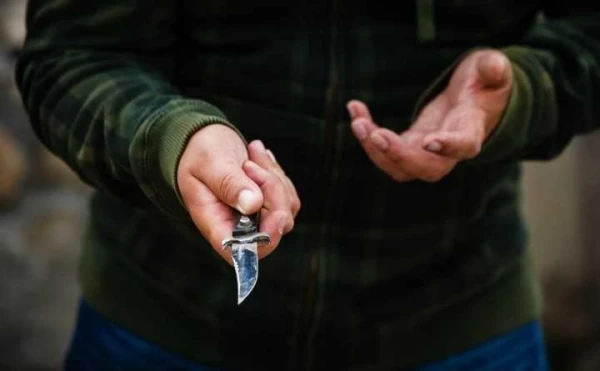
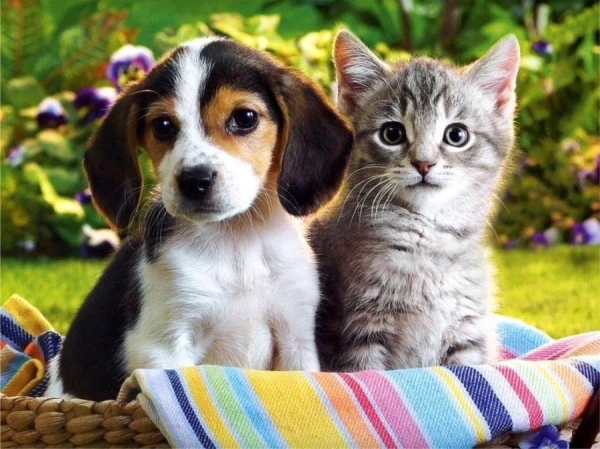
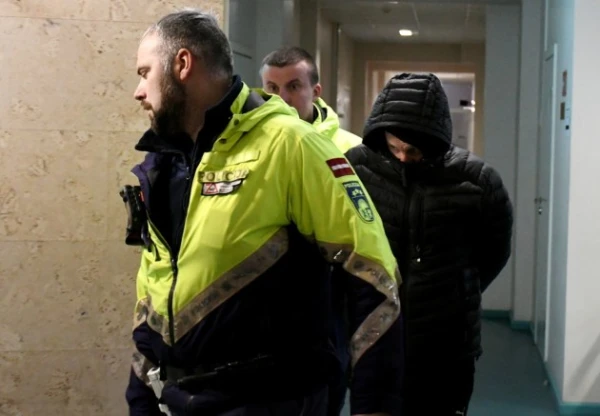
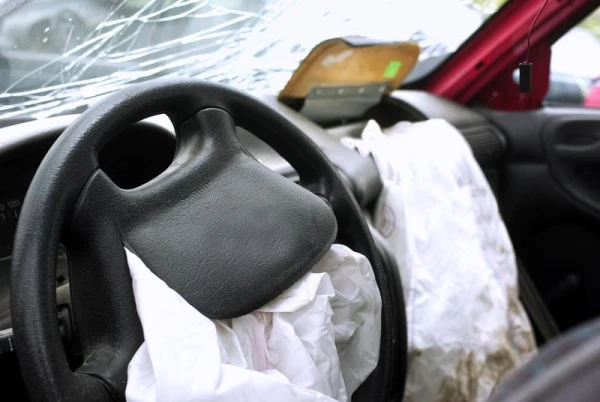



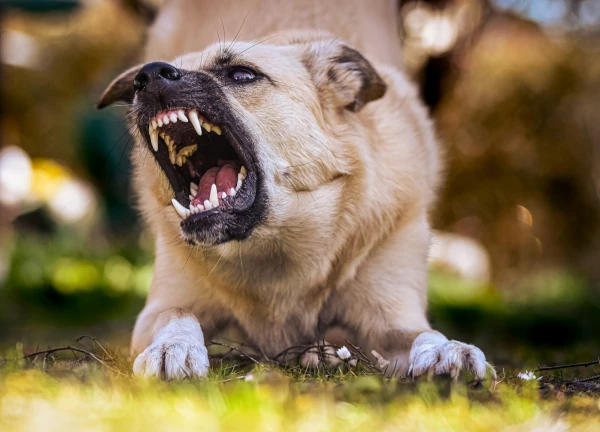



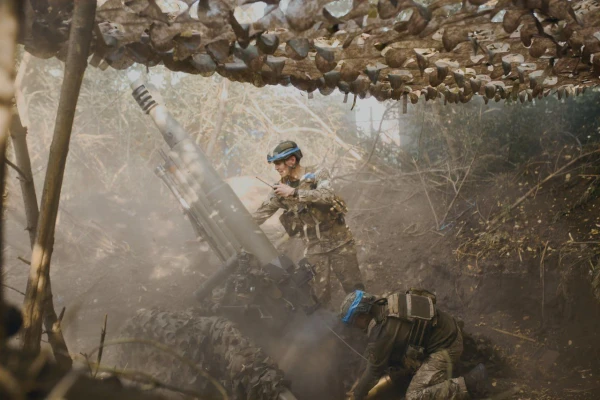


Leave a comment